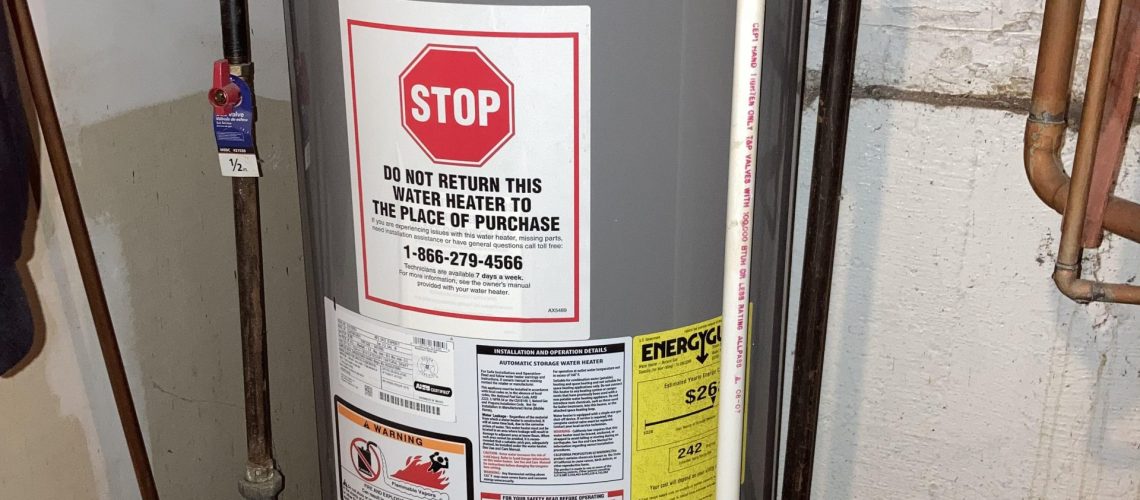If your water heater is leaking, don’t overthink it; it doesn’t particularly have any safety hazard, but it could lead to significant water damage. This also depends on the location of the heater and how long the leak has been. However, no matter the situation, you should get your water heater inspected by a professional.
Getting things fixed right away is important, as wet areas can quickly cause mold and mildew. The presence of mold can also lead to health issues. You might also need to replace drywalls if the leak in your water heater gets worse.
In this article, we’ll list why your water heater is leaking and the steps you can take to fix it.
Pinpoint Where The Leak Is Coming From
Sometimes you might find a puddle of water near your water heater, but it doesn’t mean it’s coming from your heater. Sometimes it’s just condensation formed on water pipes that are dripping down. To determine if the leak is from your water heater, clean up the puddles, and inspect the pipes and valves of the water heater. If you notice water dripping from it, there’s a leak somewhere. Call a professional plumber to conduct a thorough inspection if you need more clarification.
Turn Off The Water Supply
If your water heater leaks, we recommend turning off the water in your tank. A shutoff valve is located on the cold inlet pipes of your water heater. If it is broken, shut off the water in your home. Contact a technician if you’re having difficulty locating the main water shutoff valve.
Turn Off The Power Supply
If you have an electrical water heater and are having difficulty with it, we advise you to shut off the power before inspecting the tank. If it is a gas-powered heater, turn off the gas supply before working with the tank.
The Best Course Of Action In Case Of A Water Heater Leak
Once you’ve confirmed that there’s a leak, call a professional plumber near you to check it out. Once they’ve inspected the unit, they’d give you a diagnosis and let you know the options you have to handle your leak situation. We recommend getting a replacement if your water heater is several years old or the internal tank is the problem.

